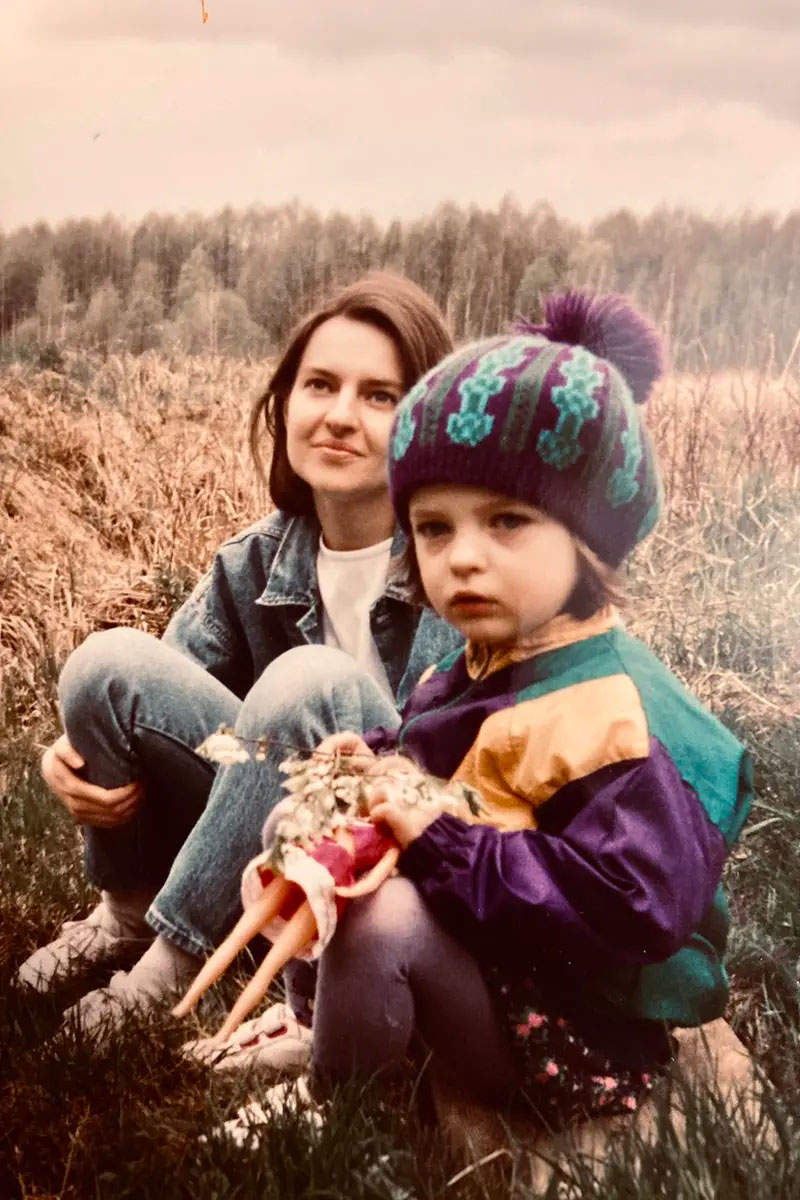
I bet that’s what my mom was thinking in this photo—worrying about the future of her highly emotional and hyperactive kid.
Let me introduce you to a little science corner:
Children and adolescents with ADHD face many challenges, but they also have immense potential for growth and success. Research shows that about 20% of young people with ADHD can bounce back from difficult situations when they receive the right support. By focusing on key protective factors in areas such as school, social relationships, and cognitive skills, we can truly help them develop.
There are many ways to support children with ADHD in building this resilience. In school, adapting tasks to their interests or teaching self-regulation can make a significant difference. Outside of school, parent programs, mindfulness therapy, and creating more inclusive environments are key. Cognitive support—whether it’s medication, social-emotional learning, or physical activity—also helps them manage their emotions and focus on what’s important.
One important thing to remember is the need to build a realistic and positive self-image. Children with ADHD need to feel good about themselves, but it’s crucial that their confidence is grounded so it doesn’t interfere with their relationships or development.
Ultimately, it’s time to change the conversation about ADHD from focusing on what’s wrong to highlighting strengths and potential. When we concentrate on what they can do, we help them build resilience and prepare for success.
If you’re a parent of a teenager with ADHD and need additional help, feel free to reach out to me for ADHD coaching for teens as well as adults. Together, we can work on strategies that empower both you and your child!


